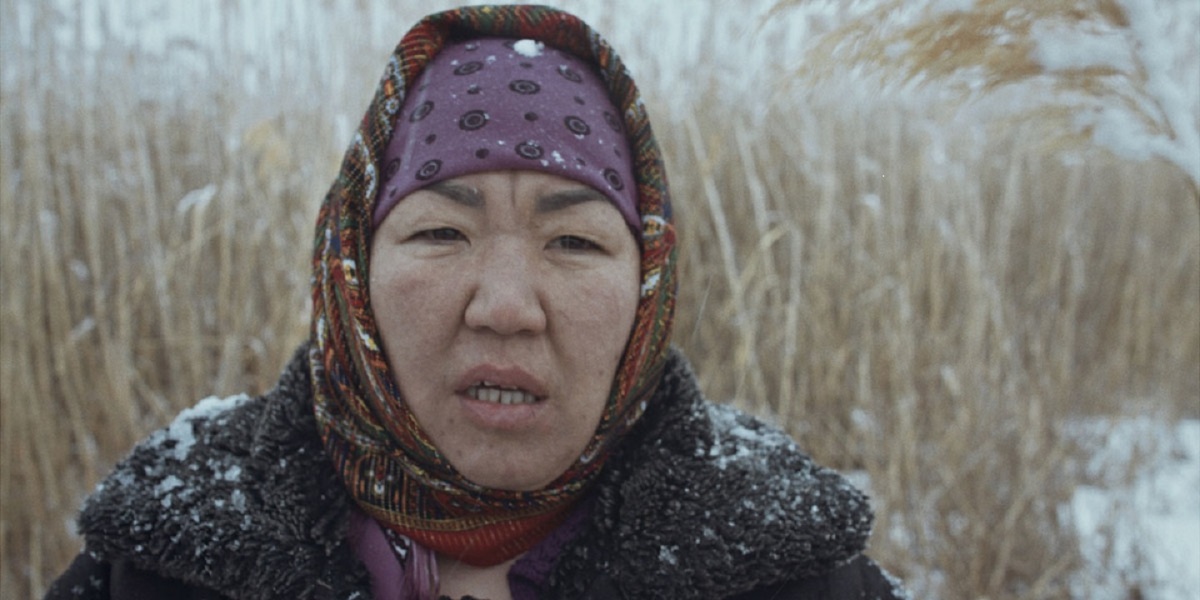Happy Birthday Jeff! Here’s a review from 2010 of the film that brought him his first, long-deserved Oscar .
Crazy Heart
Directed by Scott Cooper
Is Jeff Bridges the best actor in Hollywood? The apparent ease with which he inhabits the bones of every role he plays has earned him, at last, an Oscar, and it’s about time. After 4 nominations over nearly 40 years (for the Last Picture Show, Thunderbolt and Lightfoot, Starman, and The Contender) it’s finally come, for this entertaining, gently moving film, transmuted by his performance from what on paper looks a pretty average tale, of a self-destructive man finding redemption in the love of a good woman, with country music as a sound track.
He plays, or rather is, Bad Blake (‘call me Bad’), ageing, amiable, rootless country musician, drunk, serially divorced, absent father, and writer of sorrowful songs. We meet Bad, now coming to the end of the line, performing on the edge of things, in bowling halls and small bars in dusty towns across the country, where his name still means a lot to some of the old faithful. His days are spent in dingy motel rooms, half-heartedly watching porn movies, eating fast food and drinking. A horrible parody, you might say, of the carefree slacker life of The Dude, and with echoes , though it is nowhere near so great a film, of last year’s The Wrestler.
He’s so seldom more than an arm’s length away from a glass of bourbon (except when the money runs out) that one’s liver shudders at the sight of all that brown liquid disappearing inside him. Yet he’s still, for the most part, a gentleman, courteous, amiable and with a sense of humour at his own failings. And great with kids, when he strikes up an unlikely relationship with the ‘good woman’, Maggie Gyllenhaal, bright single mother journalist. But in the shape these movies always take, his happiness isn’t so easy to nail down. Great, unflashy performances from all around him – Gyllenhaal, Colin Farrell as his once young disciple, now a star who eclipses his mentor but still has time and respect for him, and a lovely cameo from Robert Duvall (looking, thank goodness, a deal better than when last seen in The Road) as an old buddy. The surprise is, or maybe not, what a great performer Bridges is, and what poetry he makes out of those so nearly sentimental songs.
The best songs, says Bad, are those you feel like you’ve heard before, and maybe that’s part of his secret: always with a Bridges character you feel like you recognise as familiar something inside him, a common humanity, a lust for life. Here’s to you, Dude!
Seen at Empire Cinema Newcastle, March 9 2010, originally reviewed in floatationsuite.com


